Belgrade-Priština talks continue in Brussels
The eighth round of the dialogue between Belgrade and Priština started in Brussels on Wednesday.
Wednesday, 30.11.2011.
09:12

The eighth round of the dialogue between Belgrade and Pristina started in Brussels on Wednesday. The agenda will include the participation of Kosovo officials in regional forums, as well as the Jarinje and Brnjak administrative crossings, Tanjug has learned from a EU official involved in the talks. Belgrade-Pristina talks continue in Brussels During last week's round of talks, the two sides reached an agreement on university diplomas and shared views on the participation of Pristina's representatives in regional forums. However, the Jarinje and Brnjak crossings still remain a stumbling block due to Pristina's firm stance that they should be treated as an interstate border. Belgrade team chief Borislav Stefanovic has said that his delegation will do everything it can to reach an agreement with Pristina. “We have a long day ahead of us, but we will do everything we can to overcome the huge differences that we have,” he said ahead of the beginning of the new round of talks. The two delegations should Wednesday discuss Kosovo’s participation at regional meetings and the administrative checkpoints issues. When it comes to representing Pristina at regional meetings, he said he was optimistic that an agreement might be reached, with the respect for the sovereignty and integrity of Serbia and UN Security Council UN 1244. Commenting on the current situation in northern Kosovo, the Belgrade team head said that the events were detrimental to regional stability. According to Stefanovic, three things are of major importance - citizens should remain united, KFOR should not be removing the roadblocks by force and finally, the citizens should do that on their own. “The roadblocks have prevented Pristina from establish its institutions in northern Kosovo, but now that the goal has been achieved, we should take the political course,” he explained. When it comes to administrative checkpoints, Stefanovic said joint control of the administrative line was an appropriate solution, but it should imply removing national symbols at the crossings. He said the presence of the international community was necessary because that was in line with UN Security Council Resolution 1244 and the six-point plan of UN Secretary General Ban Ki-moon. When asked whether and how the outcome of Wednesday's talks would influence EU's decision on granting Serbia the membership candidacy status, Stefanovic said the dialog would continue whatever may happen to Serbia's candidacy status. Pristina team chief Edita Tahiri said ahead of the meeting that Serbia still insisted that Kosovo representatives take part in regional meetings under UNMIK auspices, which, as she said, was impossible “because Kosovo is a sovereign state while UNMIK is outdated”. Commenting on the “integrated control of the borders”, she said that a solution should be such that both Serbia and Kosovo, as a sovereign state accepted by the majority of the countries in the world, implement it “in accordance with the European model, the way it stems from the Lisbon Treaty”. Tahiri claims that Serbia is not implementing the agreements that have been reached so far, adding that the Belgrade team head “is politically interpreting the content of the agreements”. She stressed that “this phase of negotiations” should end with the today’s round of the talks. When asked what would happen afterward, Tahiri said that important decisions about future relations with the countries of the Western Balkans were expected from the EU on December 9 and that they would affect the next phase of the Belgrade-Pristina talks. Based on the achieved results of the dialogue and the situation on the ground after the latest incidents in the village of Jagnjenica , the EU foreign ministers will decide on Monday, December 5, on Serbia's EU candidacy. Borislav Stefanovic and Edita Tahiri (FoNet, file)
Belgrade-Priština talks continue in Brussels
During last week's round of talks, the two sides reached an agreement on university diplomas and shared views on the participation of Priština's representatives in regional forums.However, the Jarinje and Brnjak crossings still remain a stumbling block due to Priština's firm stance that they should be treated as an interstate border.
Belgrade team chief Borislav Stefanović has said that his delegation will do everything it can to reach an agreement with Pristina.
“We have a long day ahead of us, but we will do everything we can to overcome the huge differences that we have,” he said ahead of the beginning of the new round of talks.
The two delegations should Wednesday discuss Kosovo’s participation at regional meetings and the administrative checkpoints issues.
When it comes to representing Priština at regional meetings, he said he was optimistic that an agreement might be reached, with the respect for the sovereignty and integrity of Serbia and UN Security Council UN 1244.
Commenting on the current situation in northern Kosovo, the Belgrade team head said that the events were detrimental to regional stability.
According to Stefanović, three things are of major importance - citizens should remain united, KFOR should not be removing the roadblocks by force and finally, the citizens should do that on their own.
“The roadblocks have prevented Priština from establish its institutions in northern Kosovo, but now that the goal has been achieved, we should take the political course,” he explained.
When it comes to administrative checkpoints, Stefanović said joint control of the administrative line was an appropriate solution, but it should imply removing national symbols at the crossings.
He said the presence of the international community was necessary because that was in line with UN Security Council Resolution 1244 and the six-point plan of UN Secretary General Ban Ki-moon.
When asked whether and how the outcome of Wednesday's talks would influence EU's decision on granting Serbia the membership candidacy status, Stefanović said the dialog would continue whatever may happen to Serbia's candidacy status.
Priština team chief Edita Tahiri said ahead of the meeting that Serbia still insisted that Kosovo representatives take part in regional meetings under UNMIK auspices, which, as she said, was impossible “because Kosovo is a sovereign state while UNMIK is outdated”.
Commenting on the “integrated control of the borders”, she said that a solution should be such that both Serbia and Kosovo, as a sovereign state accepted by the majority of the countries in the world, implement it “in accordance with the European model, the way it stems from the Lisbon Treaty”.
Tahiri claims that Serbia is not implementing the agreements that have been reached so far, adding that the Belgrade team head “is politically interpreting the content of the agreements”.
She stressed that “this phase of negotiations” should end with the today’s round of the talks.
When asked what would happen afterward, Tahiri said that important decisions about future relations with the countries of the Western Balkans were expected from the EU on December 9 and that they would affect the next phase of the Belgrade-Priština talks.
Based on the achieved results of the dialogue and the situation on the ground after the latest incidents in the village of Jagnjenica , the EU foreign ministers will decide on Monday, December 5, on Serbia's EU candidacy.










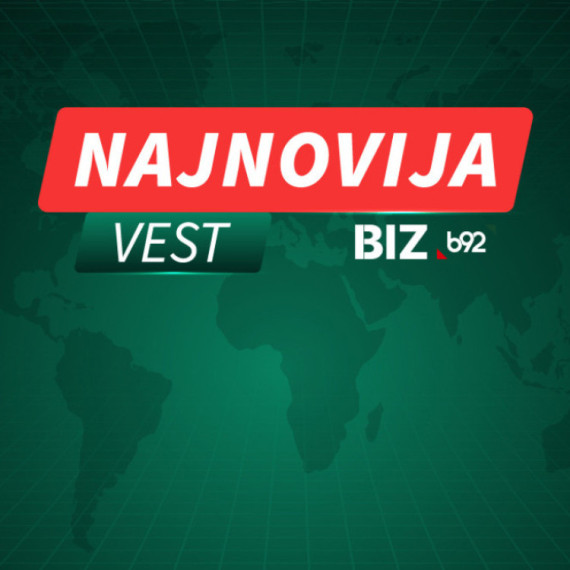

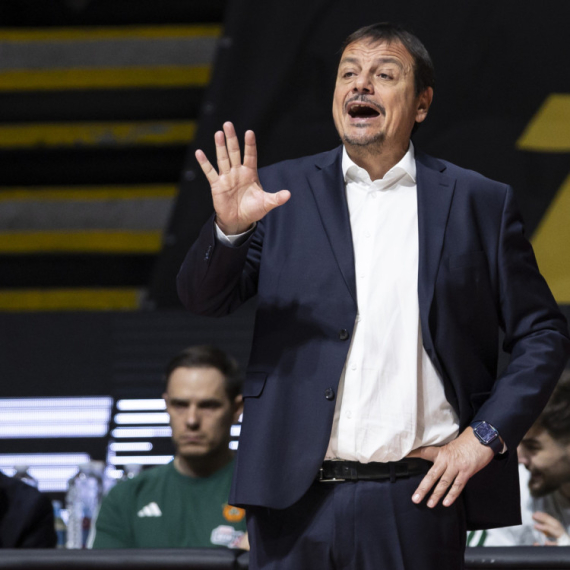
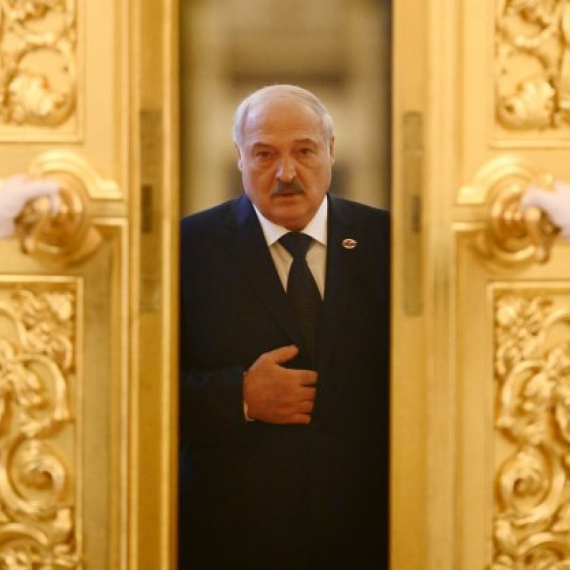



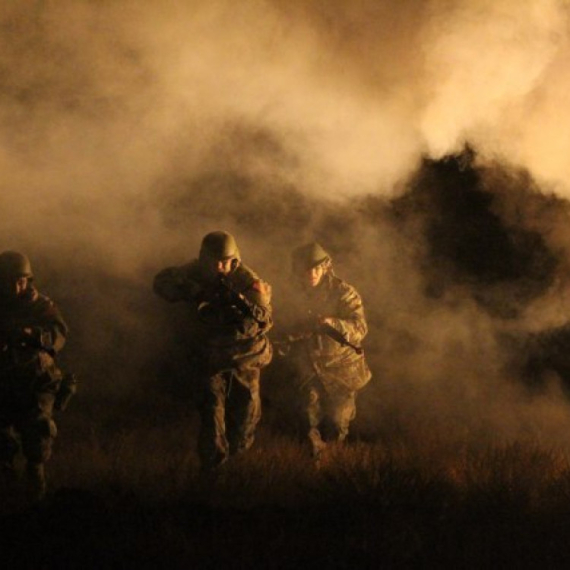
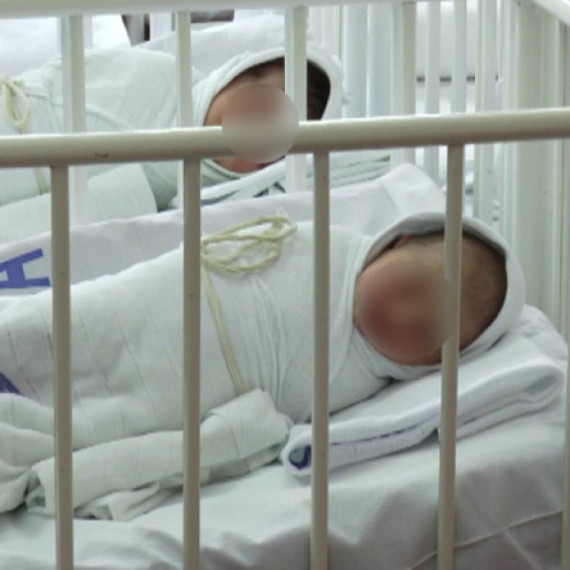

Komentari 13
Pogledaj komentare